In Australia today, 1 in 5 of those aged 45+ are living with persistent, ongoing chronic pain. This type of pain can be disabling and stressful. It can make life difficult both in work and at home.
When you first develop chronic pain or are diagnosed with a pain condition, your doctor will be able to share information about the condition and potential treatment options. But, it can be tricky to know exactly what chronic pain will involve and how it can effect you from one day to the next. Sadly, learning how to navigate your everyday activities with chronic pain can take a lot of trial and error.
When it comes to coming to terms with chronic pain there are a few mistakes that we all make. Luckily, we have found some great tips from the chronic pain community and have brought you sound advice from many pain veterans. Their tips and advice are what they wish they knew at the beginning of their journey.
Top 10 Most Common Mistakes People Make With Chronic Pain
- Ignoring the pain or pushing through the pain
- Trying to justify your actions to others.
- Not asking for help
- Expecting the pain condition to “just” involve physical symptoms.
- Not taking your health seriously.
- Hiding your pain and symptoms from others.
- Not listening to your body.
- Pushing people away.
- Not being proactive in treating painful flare-ups
- Feeling guilty.
We have also carried out a bit of research on your behalf to share with you a few top tips on how to help you cope with chronic pain at home.
Physical Therapy
With physical therapy, the sole goal is to help you strengthen your muscles and improve your overall range of motion. By doing this, it can help to reduce the pain. By letting your physical therapist know about your pain, it will help them to tailor a program towards you and your specific needs.
Adding Some Exercise
When we say low-intensity exercise we mean, walking, swimming and cycling. Adding this type of exercise to your daily or weekly routine can really help. While it might sound like a contradiction to exercise when you are in pain. Exercise can be a great treatment option to help.
Low-intensity exercise will help you reduce the level of pain, stiffness and stress. It will also help you gain and feel more in control of your pain. Not to mention, the positive knock on effect it may have on your sleep.
Occupational Therapy
Working with an Occupational Therapist will help you overcome any barriers you may face that prevent you from carrying out your day-to-day tasks such as making a cup of tea. They will help you manage these tasks with assistive technology without adding to the pain or tiring yourself out.
Their treating will involve helping you to:
- Maintain or regain functional independence
- Safety at home and work
- Pain management
- Social interaction
It may even involve the recommendation of daily living aids such as our Uccello Kettle, Muggi or Grip Mat.
De-stressing & Decaf
We love our tea and coffee here at Uccello. But, caffeine can actually worsen your stress levels. Caffeine stimulates your central nervous system and stimulate your heart.
To help keep things calmer for you and your body, why not try to decaf? You can still enjoy the flavour and not have to worry about any of the negative effects.
Sources:





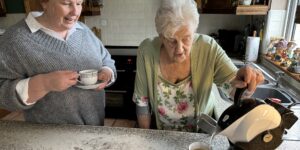
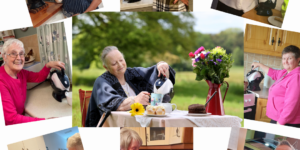
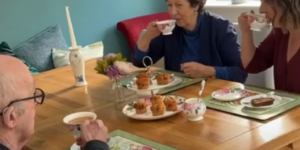
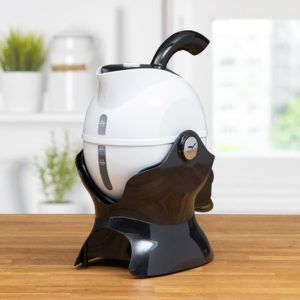
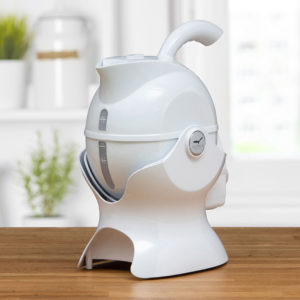
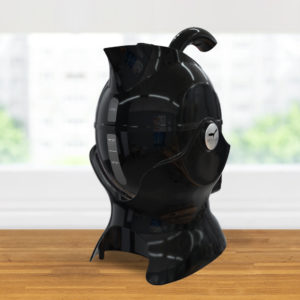
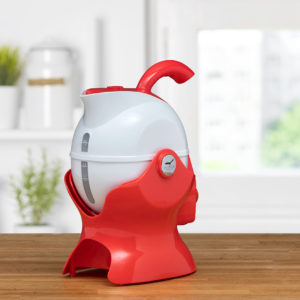

Leave a Comment